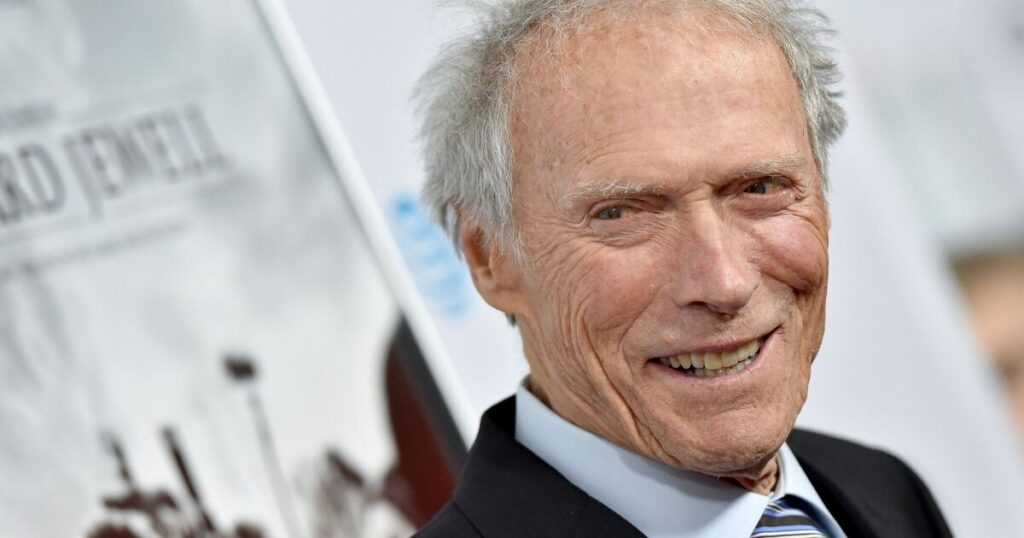
Not one to quit, Clint Eastwood has achieved massive success for his work in westerns, both in film and TV. But one film made the actor and director question his abilities when the production process proved to be difficult. During filming for this 1975 action thriller, Eastwood was caught in somewhat of an existential crisis.
For a viewer, The Eiger Sanction appeared to be a normal production process, but for Eastwood, it was tough. He plays an ex-assassin who has been coaxed back in for “one last job” to make a life-threatening journey to the summit of the titular mountain, and find out which of his colleagues is a double agent.
However, Eastwood has since spoken out about the difficulties he faced on set. The actor was not a huge fan of the script and his role in the movie was more comparable to a business deal. The film was to be his last Universal Picture before heading to work with Warner Bros, where he stayed for the next 50 years on.
Eastwood also expressed his wish to perform all of his own stunts, which caused a bit of a stir in the studio.
In Patrick McGilligan’s book Clint: The Life and Legen, he reveals what Eastwood said as highlighted in Far Out’s article: “It was a very difficult picture to make.
“And the mountaineering sequences, especially, posed enormous problems.”
The actor insisted on filming the risky scenes early to get them out the way but unfortunately a crew member, David Knowles, was instantly killed by a falling rock as he rappelled down to a ledge to shoot footage.
Eastwood added: “On the seventh day of filming, we lost one of our mountaineers.
“And believe me, I asked myself repeatedly if it was worth it,” he reflected.
After Knowles’ death, Eastwood was ready to cancel the film completely, but he ultimately decided that to pull the plug and not complete the picture would mean his crew mate’s death would become meaningless. He ensured that everone working on the film knew the risks and agreed to carry on with The Eiger Sanction, which was the closest he’d ever come to quitting a film during production.










